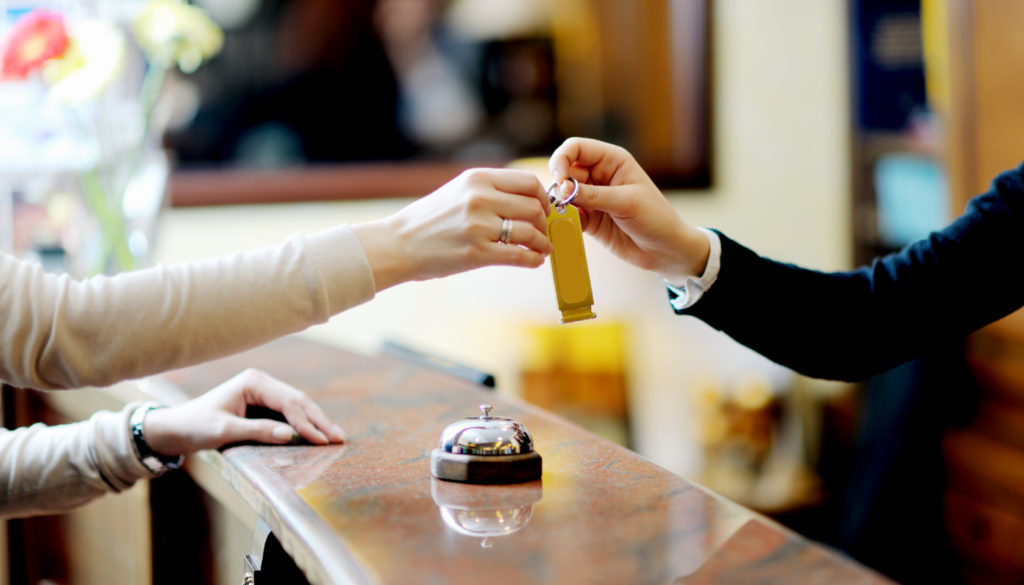*by Alexandre Sampaio (President of the Brazilian Hospitality & Food Association)
The arrival of the new coronavirus (Covid-19) in Brazil just over a month ago changed the lives of Brazilian citizens in a negative way; but the picture in tourism is one of desperation. To avoid an economic collapse due to the pandemic, bodies representing the sector have met on numerous occasions over the past few weeks to look for alternatives for preventing our companies going bankrupt in massive numbers. Even so, in the first half of March we recorded a loss that exceeds R$ 2.2 billion.
With airports closed, hotels with low demand and bars and restaurants without the movement they need to keep their doors open, the tourist trade is currently the industry most impacted by the virus.
Globally, the World Tourism Organization (UNWTO) is predicting a decline of between 20 – 30% in international tourism in 2020 due to the pandemic. There could possibly be a reduction in revenue of between US$ 300 billion and US$ 450 billion.
To contain the impact on the segment, the World Health Organization (WHO), together with the UNWTO, last week launched the Healing Solutions for Tourism Challenge with the idea of seeking solutions for sustainable development in a crisis situation using innovative technologies and initiatives. The competition is open to start-up companies and entrepreneurs from around the world.
We know just how significant the segment is to the economy when we consider that in 2019 the UNWTO registered that one in every ten jobs worldwide is related to the trade.
We cannot, however, forget the importance of the population’s help when it comes to keeping the industry operating. When the battle against the coronavirus is won we need to bear in mind that tourism will once again generate income – and jobs – with national consumption. It will be an important moment and people must be encouraged to travel in Brazil itself so we can get back on our feet again.
We are currently relying on the support of our employees to mitigate the spread of the virus. We know that we are stronger together. We are providing guidance to the hotel network, for example, with regard to the main preventive measures to be adopted for both employees and guests. There is also a concern with informing everyone on how best to disinfect objects correctly. The segment’s intention is to collaborate more and more so the country can get through this delicate moment.
In terms of food, we are seeing a lot of deliveries so bars and restaurants don’t close their doors entirely. But even so, it’s feared that there may be a collapse in the sector. According to José Roberto Magalhães, director of APC Brasil [Brazilian Kitchen Professionals Association] it is estimated that 30 – 50% of the restaurants in the world may close. To escape from this we see a constant movement to maintain the income of these establishments, with some of them choosing to use vouchers, while others are trying to have the rates they pay for essential services either suspended and/or reduced.
The moment calls for us to be creative, patient and responsible. Let’s try and minimize more and more the negative impacts of the pandemic on segments involved with food and hospitality.
It is worth remembering that, as in other situations, this phase will soon pass. What we now need to do is to unite on behalf of world health. Basic hygiene, as is being emphasized on a daily basis, is one of our greatest allies in the fight against this invisible enemy. Awareness of the issue will allow the end of the pandemic to come as soon as possible.
The opinions expressed in this text are the author’s opinion and do not necessarily reflect the position of WTM Latin America.
